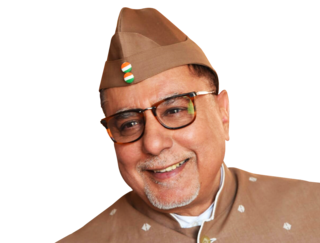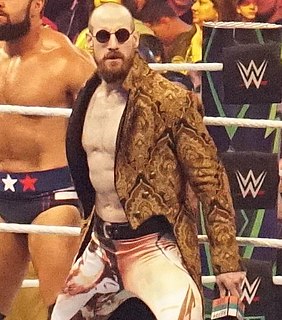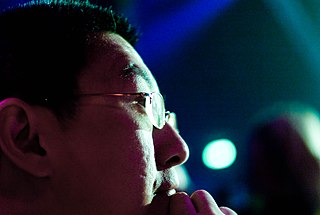A Quote by Dinesh Paliwal
As devices become more portable and content is increasingly digital, connectivity is fast becoming a fundamental expectation and lifestyle requirement.
Related Quotes
In every part of the world with which I am familiar, young people are completely immersed in the digital world - so much so, that it is inconceivable to them that they can, for long, be separated from their devices. Indeed, many of us who are not young, who are 'digital immigrants' rather than 'digital natives,' are also wedded to, if not dependent on, our digital devices.
In the digital world, content has the tendency to lose value, especially on smart devices. We finally found solutions to the problem. We will not merely port games developed for our dedicated systems to smart devices just as they are - we will develop brand new software which perfectly matches the play style and control mechanisms of smart devices.
Some millennials have completely stopped watching TV. So for them, we've created special digital content for handheld devices only. We've paid close attention to how to present online content effectively. We try to catch their attention within the first five seconds - otherwise, they click onto a different content.
The advertising marketplace is moving rapidly into digital videos. We know that by 2018 it is estimated that it will be a $12.2 billion business. We've been seeing the agencies combine their digital video spend with television spend and put it under one spend and just calling it "video." The pool of money is becoming much bigger. The comparisons between television and digital video are being made much more often because you can account for who's watching, you can't fast-forward through the commercials. There's a much more intimate relationship with someone watching digital video.
For Sony, owning a studio is a gamble and probably a pretty good one, now that in the broadband era having content is a great advantage when you sell devices that in a ubiquitous world of distribution can actually show programs, movies, content directly to the consumer. So that you actually create, in a digital world, real synergy.
Youku Tudou is a hybrid, like combining Netflix and YouTube. Like Netflix, with Youku, which launched in 2005, we syndicate a library of longform content and create original content. The Tudou model started with user-generated content but is increasingly becoming about partner-generated programming.

































